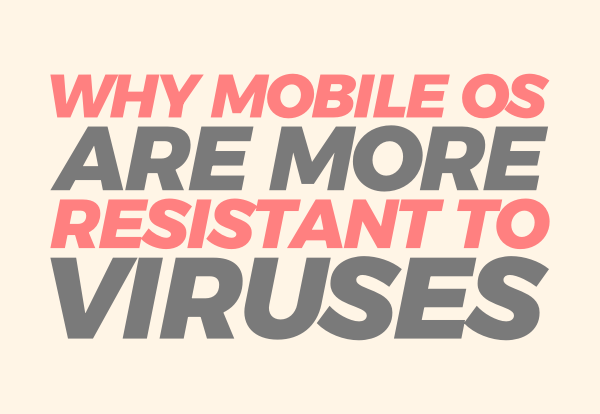Quick Overview
- Computers, especially older Windows systems, were not designed with strong internet security in mind.
- Mobile operating systems like iOS and Android were built later with better security features.
- Computers allow more freedom in installing software, which increases risk.
- Mobile apps are sandboxed and need permissions, making them harder to exploit.
- App stores help filter out dangerous apps, unlike the open nature of desktop software.
- Hackers often target computers due to valuable data and weaker protections.
- Backward compatibility in computers adds more security risks than mobile platforms.
- Both platforms face phishing threats, but mobile systems are generally more secure by design.
{tocify} $title={Table of Contents}
Why Computer Operating Systems Have More Security Issues
Computers, especially ones using Windows, were built at a time when connecting to the internet wasn’t a big deal. Early versions didn’t focus much on security, which made them easier targets for viruses.
Mobile operating systems, like Android and iOS, came later. By then, cybersecurity had improved a lot, so these systems included better security features from the start.
How User Permissions Affect Security
On computers, users can usually install any program they want. This freedom is nice but makes it easier for harmful software to sneak in.
On the other hand, mobile systems handle things differently where apps need permission to access things like your contacts or camera. They also use “sandboxing”, which means apps can’t interfere with other apps or the system.
App Stores Make Mobile Devices Safer
Most mobile apps come from official app stores, where they’re checked for bad behavior. While this doesn’t make them completely safe, it’s still much better than the open environment of desktop software, where programs can come from anywhere.
Why Hackers Prefer Computers
Attackers tend to target platforms with lots of users and weaker security. Computers, especially in businesses, often hold valuable data, making them attractive targets for ransomware and other attacks.
Smartphones, on the other hand, are harder to hack because of their smaller attack areas and stricter controls.
Old Software and Security Risks
Windows tries to support older programs (backward compatibility), so you can run old software on new systems. While this is useful, it also creates security risks.
Mobile systems don’t have this problem. They focus on security first, which is why they’re generally safer.
Some Extra Thoughts
- Phishing and Scams: Both computers and phones can be tricked through phishing. It often depends on how careful the user is.
- Modern Features: Newer systems, like Windows 11, have better security, but people still think of Windows as unsafe because of past issues.
Conclusion
The security differences between computers and mobile devices come down to how they were designed, how they’re used, and how security has evolved.
Mobile systems focus on strict controls and modern frameworks, while computers give users more freedom but with greater risks.
Both are improving over time, trying to find the right balance between ease of use and safety.
Source: Reddit
Read also: Understanding How Malicious USB Devices Infect Computers

